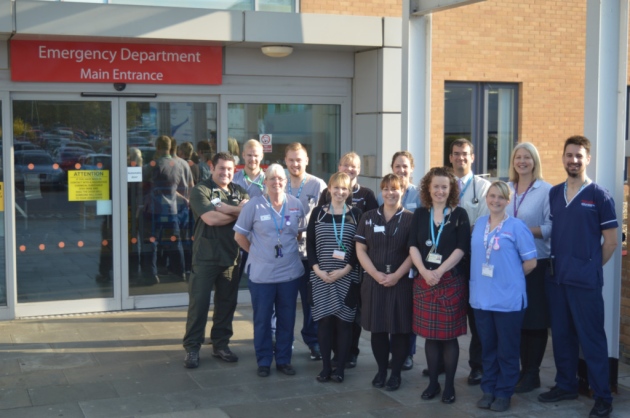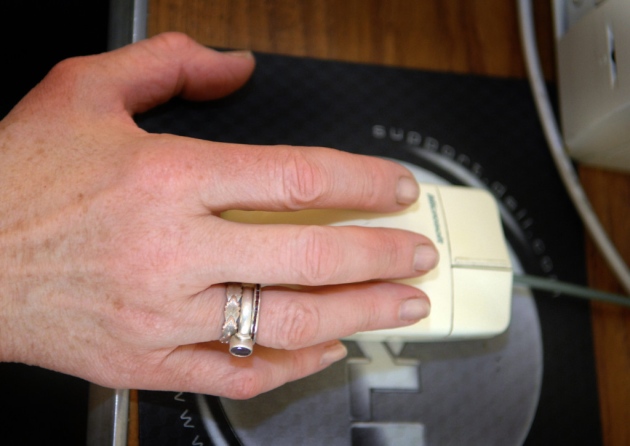Country’s first emergency department for over 80s to open in Norfolk

Members of the NNUH Emeregncy care team and Older People’s Medicine. Photo: NNUH
The county’s busiest hospital is to become the first in the UK to open an emergency department (ED) specifically for the elderly.
The Norfolk and Norwich University Hospital (NNUH) announced innovative plans to transform the way it delivers emergency care and will open the first A&E dedicated to patients over the age of 80.
From the end of November, when a patient over 80 years old arrives at the NNUH ED, they will go straight to the older people’s ED, where there will be a multi-disciplinary team consisting of ED consultants, consultant geriatricians, and emergency and older people’s medicine nurses waiting to provide care for them.
Currently around 50 patients a day aged 80 or over visit A&E, and the new department will cater for around this number.
New care cafe to support carers looking after people in their own homes

A new “care cafe” is being set up at a nursing home to support carers looking after people in their homes in rural areas.
The cafe will be held at The Depperhaugh Nursing Home in Chickering Road, Hoxne, near Eye, on the first Wednesday of every month, from 10.30am to noon, beginning on November 1.
It is designed to provide carers with an opportunity to meet people in similar situations and share their problems, swap ideas or perhaps simply enjoy a chat over coffee and cakes.
















